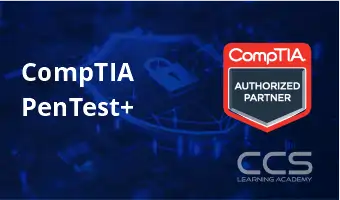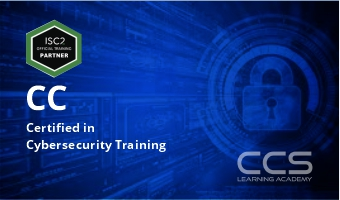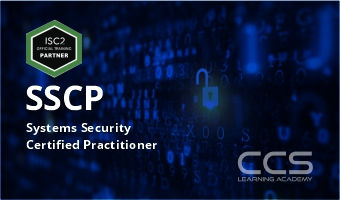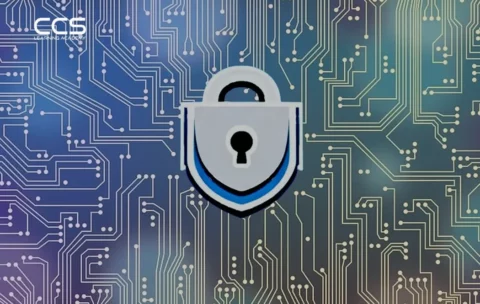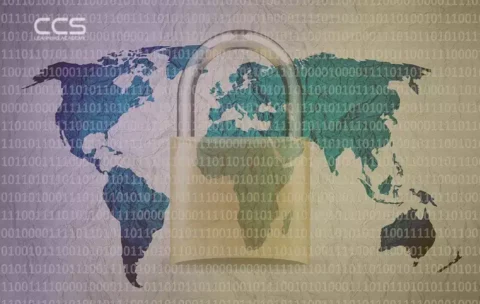Popular Topics
CompTIA Security+
CISSP
Certified in Governance
Risk and Compliance
Certified in Cybersecurity Training
CompTIA Cybersecurity Analyst
Cybersecurity Analyst
CompTIA
Certified Cloud Security Professional
CISSP Exam Preparation Course
Certified Secure Software Lifecycle Professional
Network Defender
Chief Information Security Officer
Penetration Testing Professional
CompTIA PenTest
All Cybersecurity Courses
Cybersecurity Online Training Courses - Live
Cybersecurity is an ongoing challenge for today’s businesses. With new threats emerging every day, companies need a proactive approach towards identifying potential risks and vulnerabilities. It’s imperative IT professionals have the necessary skills to safeguard their organization against all security breaches. Our vast cybersecurity training portfolio can help you and your team develops cybersecurity skills at every level. We also offer prep courses for top industry-recognized certifications and product-specific courses targeting distinct skills. You and your team learn to approach cybersecurity offensively and defensively through real-world examples and exercises, hands-on labs, and expert instruction. You gain knowledge to close skill gaps, meet and maintain mandates, and sustain and retain a highly qualified workforce. CCS Learning Academy offers CISSP, CHFI, CEH, CCSP, Security +, and many more cybersecurity-related courses.



Filter by Topic
Filter by Vendor
C)DRE – Certified Disaster Recovery Engineer
Course Description A Certified Disaster Recovery Engineer, C)DRE, is the …
C)DFE – Certified Digital Forensic Examiner
Course Description The Certified Digital Forensics Examiner, C)DFE certification is …
C)CSO – Certified Cloud Security Officer
Course Description Mile2’s Cloud Security Officer, C)CSO, course will provide …
CC – Certified in Cybersecurity Training
Things you will get to learn in our CC – …
Certified Penetration Testing Professional | CPENT
Course Description EC-Council’s Certified Penetration Tester (CPENT) program is all …
CyberSec First Responder® (CFR)
Course Description This course covers network defense and incident response …
What you'll learn
Compare and contrast various threats and classify threat profile
Explain the purpose and use of attack tools and technique
Explain the purpose and use of post exploitation tools and tactic
Explain the purpose and use of social engineering tactic
Given a scenario, perform ongoing threat landscape research and use data to prepare for incident
Explain the purpose and characteristics of various data source Given a scenario, use appropriate tools to analyze log
Given a scenario, use regular expressions to parse log files and locate meaningful data
Given a scenario, use Windows tools to analyze incidents
Given a scenario, use Linux-based tools to analyze incidents
Summarize methods and tools used for malware analysis
Given a scenario, analyze common indicators of potential compromise
Explain the importance of best practices in preparation for incident response
Given a scenario, execute incident response process
Explain the importance of concepts that are unique to forensic analysis
Explain general mitigation methods and devices
GIAC Security Leadership (GSLC)
Course Description The GIAC Security Leadership (GSLC) certification validates a …
ISO/IEC 27701 Lead Implementer
Course Description The ISO/IEC 27701 Lead Implementer training course enables …
What you'll learn
Master the concepts, approaches, methods and techniques used for the implementation and effective management of a PIMS.
Learn about the correlation between ISO/IEC 27701, ISO/IEC 27001, ISO/IEC 27002 and other standards and regulatory frameworks.
Understand the operation of a PIMS based on ISO/IEC 27701 and its principal processes.
Learn how to interpret the requirements of ISO/IEC 27701 in the specific context of an organization.
Develop the expertise to support an organization in effectively planning, implementing, managing, monitoring and maintaining a PIMS.

